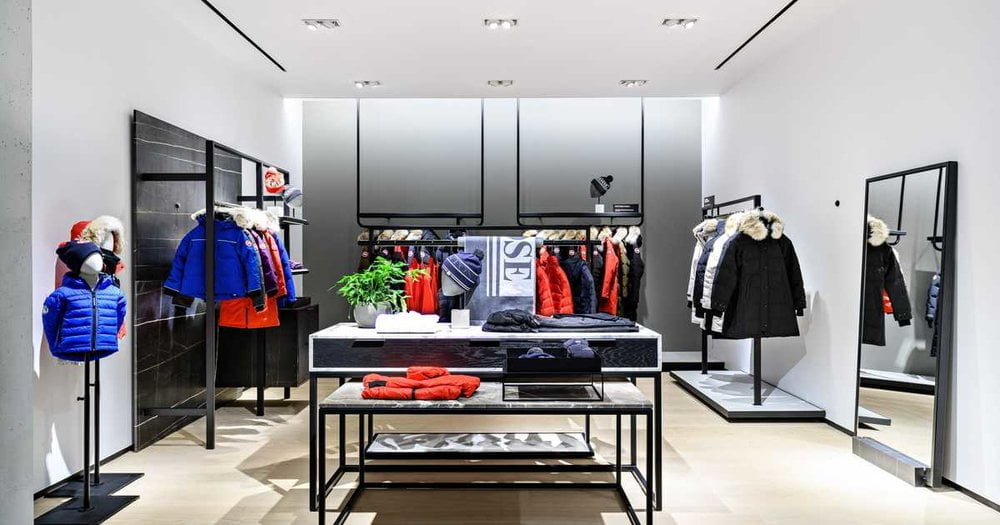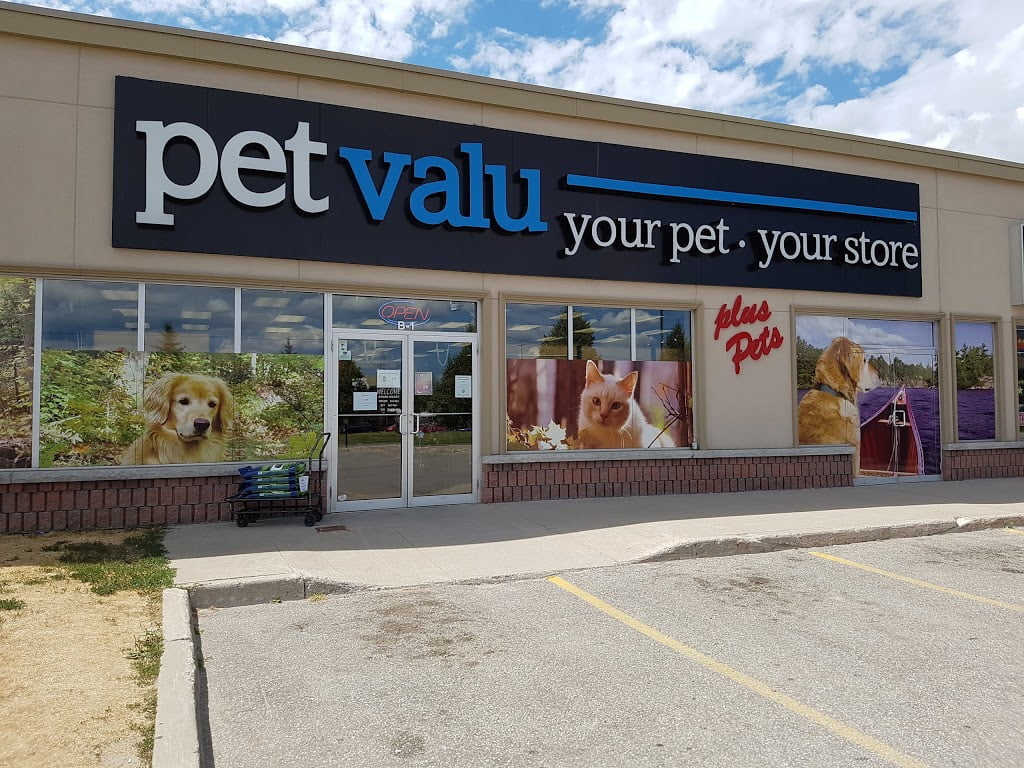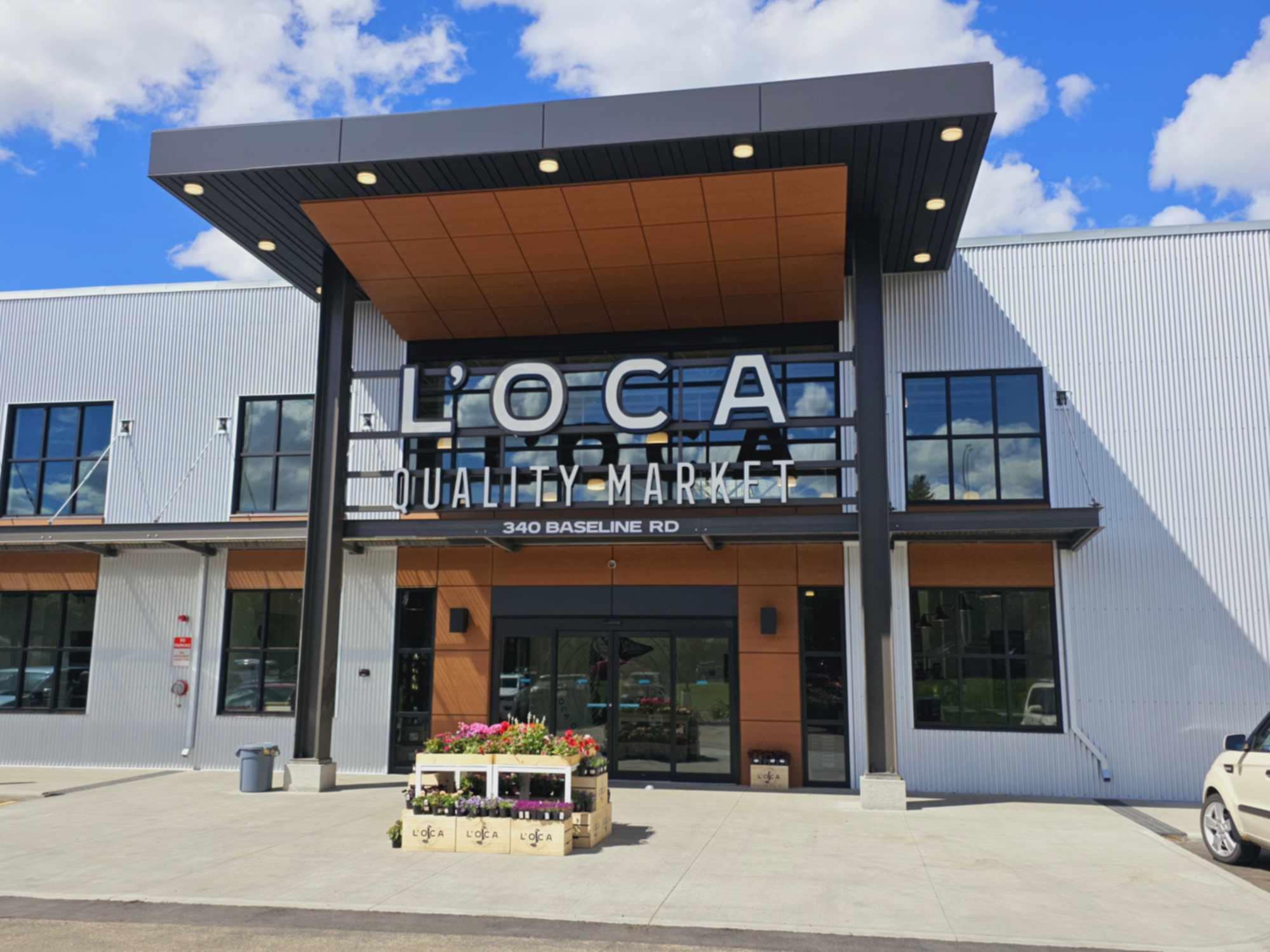Canada Goose Holdings Inc., the Canadian luxury outerwear company best known for its parkas, is facing a potential ownership change that could reshape its future as a global fashion brand.
Bain Capital, which has controlled Canada Goose since 2013, has received bids to take the company private at a valuation of about US$1.4 billion, according to a CNBC report citing people familiar with the matter. The move comes less than a decade after Canada Goose’s high-profile public offering and at a moment when the company is balancing expansion with shifting consumer demand.
Bain Capital’s investment in 2013 set Canada Goose on a new course. The private equity firm financed an international expansion that transformed a Toronto-based maker of winter apparel into a household name across luxury markets worldwide. Canada Goose went public in 2017, but Bain retained control through multiple-voting shares.
As of March 2025, Bain held 60.5 percent of those securities, representing 55.5 percent of total voting power. The firm has now enlisted Goldman Sachs to advise on a potential sale, though no final decision has been made as additional bids are expected.
Prospective Buyers
Several global firms have expressed interest. CNBC reported that private equity companies Advent International and Boyu Capital have made verbal offers. Shanghai-based Bosideng International, a major apparel manufacturer, is also considering a bid. Another group of suitors reportedly includes Hong Kong-listed Anta Sports Products and private equity firm FountainVest Capital.
Canada Goose, Bain Capital, and Goldman Sachs have not commented publicly on the process, and interested parties have not confirmed details of their offers.
Investors reacted swiftly to the news. Shares of Canada Goose rose nearly 9 percent in premarket trading Wednesday, building on gains of about 21 percent so far this year. The company is currently valued at US$1.18 billion, according to LSEG data, but the prospective buyout values it at a higher premium.

Financial Performance
Canada Goose reported fiscal 2025 revenue of $1.35 billion, an increase of 1.1 percent from the previous year. Direct-to-consumer sales — a focus of its growth strategy — climbed 5.1 percent to $998.9 million. Gross profit rose 2.8 percent to $943.1 million, representing a margin of nearly 70 percent.
Net income attributable to shareholders improved to $94.8 million, or $0.97 per diluted share, up from $58.4 million the year before. However, in July the company posted a quarterly loss larger than expected, with costs tied to retail expansion and promotions weighing on results.
Expanding Global Footprint
Canada Goose has been steadily broadening its reach. As of August 2025, the company operates 76 permanent retail stores worldwide, up from 74 at the end of its fiscal year in March. Recent openings include new flagships in Paris and Milan, underscoring its ambitions in key luxury markets.
The brand has also sought to diversify its offerings. Beyond its iconic parkas, Canada Goose has introduced eyewear, rainwear, lighter-weight jackets, and seasonal apparel designed for warmer months. Under the creative direction of Haider Ackermann, the company launched the Snow Goose capsule collection, along with special releases such as a Lunar New Year line.
What Privatization Could Mean
If Bain Capital accepts one of the offers, Canada Goose would return to private ownership after eight years on public markets. A privatization could give the company more flexibility to make long-term strategic decisions outside the scrutiny of quarterly earnings reports.
Whether the company stays public or shifts back into private hands, the outcome will have significant implications for one of Canada’s most prominent fashion exports. The decision is likely to influence Canada Goose’s ability to manage costs, pursue international expansion, and maintain its position as a leading name in luxury outerwear.


















